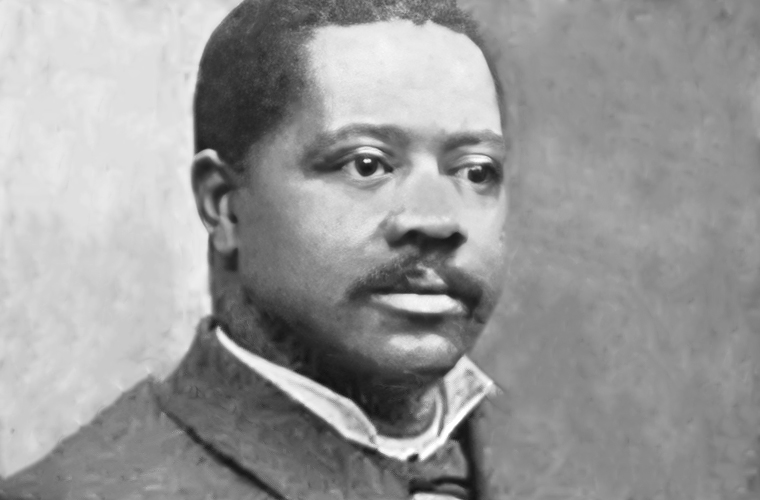Levi Jenkins Coppin was a prominent African American bishop, educator, and author during the 19th and early 20th centuries. He was born on February 5, 1848, in Frederick Town, Maryland, as a free African American. Coppin played a significant role in advancing education and civil rights for African Americans. In 1881 he married Fanny Jackson Coppin.
As a child, Levi Coppin worked as a servant in a white household, but he was determined to pursue an education. He attended a Quaker school in his early years, which provided him with a foundation in reading and writing. Later, he worked as a barber while continuing to educate himself through self-study.
In 1865, after the Civil War ended and slavery was abolished, Coppin attended Lincoln University in Pennsylvania, where he furthered his education and became an ordained minister in the African Methodist Episcopal (AME) Church. He later attended Wilberforce University in Ohio.
Coppin’s commitment to education and civil rights led him to work as a teacher and principal at several African American schools, including the Institute for Colored Youth in Philadelphia (later known as Cheyney University), and the Colored High School in Washington, D.C. He also served as the principal of the Philadelphia Institute for Colored Youth, making him the first African American principal of a high school in the United States. In addition to his educational contributions, Levi Coppin was an influential leader in the AME Church. He was appointed as a bishop in 1900 and served in several dioceses, including Cape Town, South Africa, where he was instrumental in establishing and expanding AME missions.
Coppin’s work as an author included writing books and articles on education, religion, and African American history. He used his writings to advocate for the rights and advancement of African Americans, particularly in the realms of education and social justice.
Levi Jenkins Coppin passed away on January 18, 1924, leaving behind a legacy of dedication to education, civil rights, and social progress for African Americans. His contributions to the AME Church and his efforts to improve educational opportunities for African American youth remain significant in the history of African American leadership and activism.

